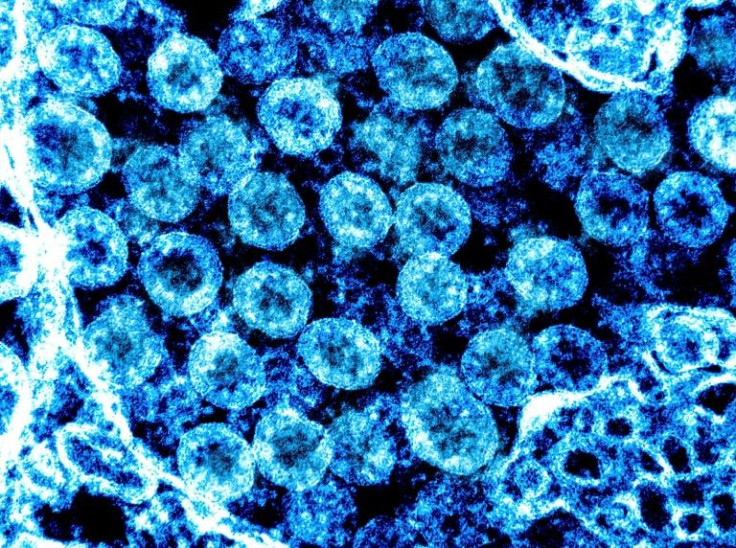Scientists discover a likely case of Covid-19 jumping from deer to human
The new strain is said to be highly mutated, but does not pose any elevated risk to humans, says the study.
Scientists in Canada have found a highly mutated version of the novel coronavirus in white-tailed deer, one that may have also infected a person in the southwestern Ontario region. It could become the first known case of deer to human transmission once confirmed.
The yet-to-be peer-reviewed study has been published in the preprint server bioRxiv. The researchers last year analysed as many as 300 samples from white-tailed deer in Southwestern and Eastern Ontario.
17 of the total samples collected from the deer turned out to be positive for the virus. The scientists later found out that a person residing in southwestern Ontario has also been infected with a similar strain and had close contact with deer.
However, they could not find any other human samples that had the presence of this strain. "Had it been circulating widely in humans, even narrowly in humans, I think we would have picked it up," Samira Mubareka, one of the authors of the paper.
The new strain was sent for genome sequencing and it turned out to be "a new and highly divergent lineage" of the novel coronavirus.
"This lineage has 76 consensus mutations including 37 previously associated with non-human animal hosts, 23 of which were not previously reported in deer," the scientists wrote in the paper.
The researchers further stated it cannot be said for sure that the virus jumped from deer to humans because of the limited data set used for the study.
"It's actually a pretty significant study, I think, because we're seeing potential evolution of the virus in an animal reservoir," J. Scott Weese who studied infections that jump between animals and people, told CNN.
Meanwhile, preliminary lab experiments have suggested that the new strain is unlikely to evade antibodies created by the existing anti-Covid vaccines and does not pose any significant added risk to humans.
Several studies over the last two years have claimed that the virus can spread from humans to wild animals including lions, tigers, deer, and minks. But this study is the first such evidence which suggests that the virus could possibly spread from white-tailed deer to humans.
However, the scientists involved in the study have made it clear that more multidisciplinary studies needed to be conducted to make a definitive conclusion.

© Copyright IBTimes 2025. All rights reserved.




















